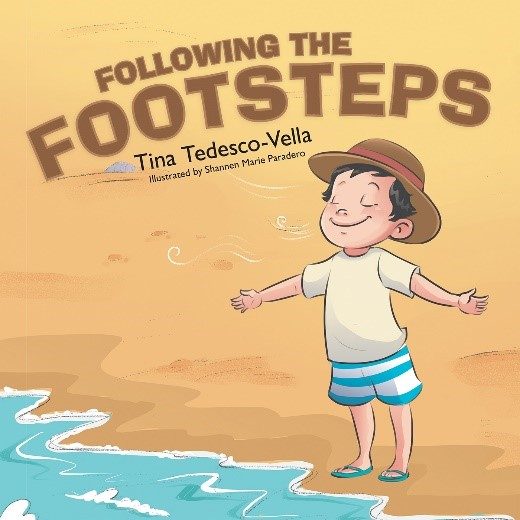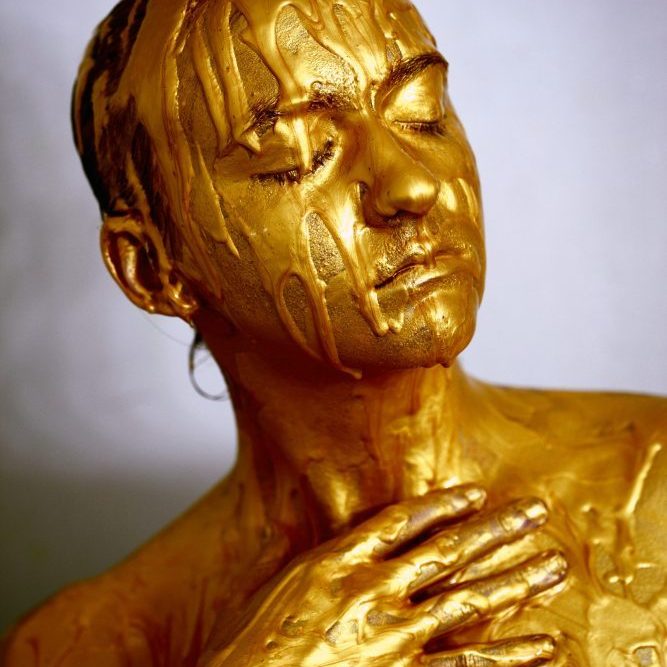 Elise Heaven writes about their experience of playing a non-binary character in Lisa Carroll’s Cuckoo
Elise Heaven writes about their experience of playing a non-binary character in Lisa Carroll’s Cuckoo
Walking in to the room to audition for Pingu – a non-binary character in Lisa Carroll’s new play, Cuckoo – was my first time auditioning as my own gender. I am 30.
Right now there is a change in the conversation happening around gender – but for the genderqueer community it is a call-to-arms, a drafting of allies uniting in our understanding, met by a push back in the opposite direction with all the violent and ugly force it can muster. For genderqueer people it is time to throw on our armour and ride into battle, safe in the knowledge that we are here, we’re not alone and that things can be different.
Before the rehearsals start we talk as a team about the importance of representation and the support I might need to stand on stage and deliver this character who is battling, like me, like many of us, the physical and mental pain that comes from being denied, questioned, misunderstood and not truly seen.
The director, Debbie Hannan, tells me resolutely that I am not expected to shoulder the responsibility of educating the team on non-binary definition but that, at all times, if I chose to, my voice would be heard. I trust implicitly that she is allied to me, to us. “I see you,” she says. I hold back tears, gifted another piece of armour to carry on to that stage.
In the week that follows, my pronouns and Pingu’s pronouns (they/them) are used effortlessly and entirely ordinarily. A fellow cast member sees my struggle in a local pub where they only have gendered toilets and quietly offers to come with me into the bathroom so that I would feel safe – he sees me too.
 (3).jpg)
Despite my job here being to play a character, in this process I exist in every second of my day entirely as who I truly am. I’m surrounded by allies, some of whom have had no interaction with non-binary people prior to meeting me but have taken the time to have gained a deeper understanding. There is a gentle and unspoken change.
This play is raw, the audience share a section of five teenagers’ lives at a point that everyone can in some way relate to. No character escapes the exploration of identity – the personal war between who we feel we are and who we are seen to be.
Pingu, although ostracised, is definitely not alone in their battle to be understood. Lisa has managed to simultaneously wave the non-binary flag whilst entirely normalising and humanising the topic. There is a true understanding of people’s struggle to calibrate to non-binary people, society is both conditioned to and comforted by the boxes we are taught from birth. But those boxes are simply not representative.
This could be a play where a non-binary character is merely present and the audience leaves wondering whether Pingu is a boy or a girl – but it isn’t. This a play that tells the audience to stop asking that question.


